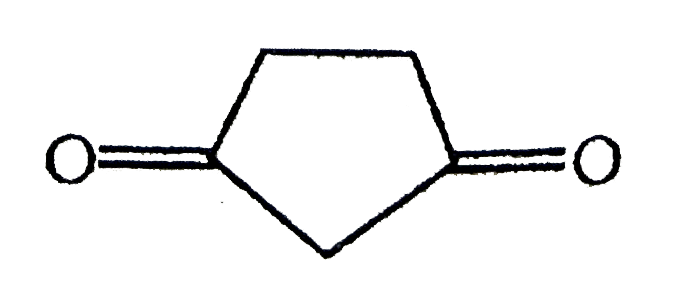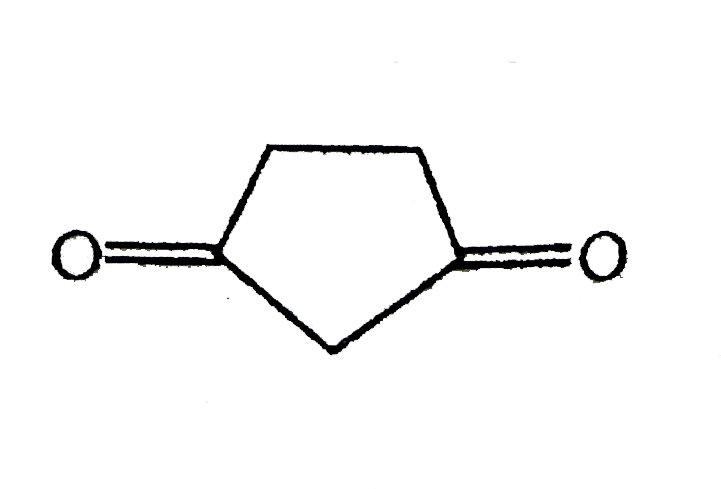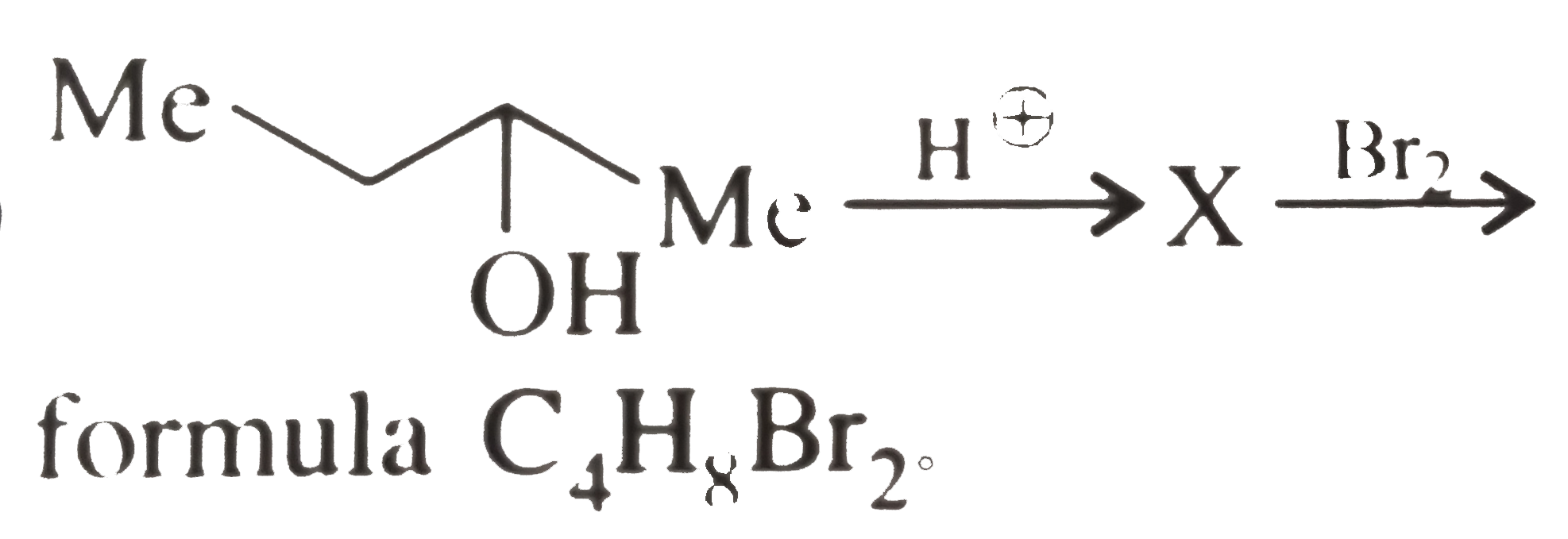A polystryrene, having formula Br3C6H2(C8H8)n, was perpared heating styrene with tribromobenzoyl peroxide in the absence of air. If it was found to contain 10.46% bromine by weight, find the value of n.
19
20
15
10
The correct Answer is:A
Step by step video & image solution for A polystryrene, having formula Br_(3) C_(6) H_(2) (C_(8) H_(8))_(n), was perpared heating styrene with tribromobenzoyl peroxide in the absence of air. If it was found to contain 10.46% bromine by weight, find the value of n. by Chemistry experts to help you in doubts & scoring excellent marks in Class 12 exams.
Updated on:21/07/2023Topper's Solved these Questions
- SOME BASIC CONCEPTS OF CHEMISTRYBOOK - VMC MODULES ENGLISHCHAPTER - SOME BASIC CONCEPTS OF CHEMISTRYEXERCISE - IN - CHAPTER EXERCISE - D
28 Videos
- SOME BASIC CONCEPTS OF CHEMISTRYBOOK - VMC MODULES ENGLISHCHAPTER - SOME BASIC CONCEPTS OF CHEMISTRYEXERCISE - IN - CHAPTER EXERCISE - E
28 Videos
- SOME BASIC CONCEPTS OF CHEMISTRYBOOK - VMC MODULES ENGLISHCHAPTER - SOME BASIC CONCEPTS OF CHEMISTRYEXERCISE - IN - CHAPTER EXERCISE - B
9 Videos
- SOME BASIC CONCEPT OF CHEMISTRYBOOK - VMC MODULES ENGLISHCHAPTER - SOME BASIC CONCEPT OF CHEMISTRYEXERCISE - IMPECCABLE
49 Videos
- STATES OF MATTERBOOK - VMC MODULES ENGLISHCHAPTER - STATES OF MATTEREXERCISE - IMPECCABLE
50 Videos
Similar Questions
The compound having the molecular formula C3H9N can represent
View SolutionAn optically active compound A (assume dextrorotatory) has the molecular formula C7H11Br. A reacts with hydrogen bromide, in the absence of peroxides to yield isomeric products, B and C, with the molecular formula C7H12Br2. Compound B is optically active, C is not. Treating B with 1 mol of potassium butoxide yields (+)−A. Treating C with 1 mol of potassium tert-butoxide yields (±)−A. Treating A with potassium tert-butoxide yields D(C7H10). Subjecting 1 mol of D to ozonolysis followed by treatement with zinc and acetic acid yields 2 moles of formaldehyde and 1 mole of 1,3-cyclopentanedione.

The optically active compound 'A' is
View SolutionAn optically active compound A (assume dextrorotatory) has the molecular formula C7H11Br. A reacts with hydrogen bromide, in the absence of peroxides to yield isomeric products, B and C, with the molecular formula C7H12Br2. Compound B is optically active, C is not. Treating B with 1 mol of potassium butoxide yields (+)−A. Treating C with 1 mol of potassium tert-butoxide yields (±)−A. Treating A with potassium tert-butoxide yields D(C7H10). Subjecting 1 mol of D to ozonolysis followed by treatement with zinc and acetic acid yields 2 moles of formaldehyde and 1 mole of 1,3-cyclopentanedione.

The compound 'B' is:
View SolutionAn aromatic compound 'A' having molecular formula C7H6O2 on treating with aqueous ammonia and heating forms compound 'B'. The compound 'B' on reaction with molecular bromine and potassium hydroxide provides compound 'C' having molecular formula C6H7N. The structure of 'A' is
View SolutionA compound on analysis was found to contain C=34.6%,H=3.85%andO=61.55% .Calculate its empirical formula.
View Solution
Find compound with formula C4H8Br2
How many structure of (X) are possible?
View SolutionTwo isomeric compounds A and B have some molecualr formula C3H5N. It was found that
View SolutionIf .nC8=.nC6, then find .nC2.
View SolutionThe degree of unsaturation of following compound C8H12O,C3H5N,C4H8O are respectively :
View SolutionGive the structures of (A),(B) and (C)(explanation is not required ).
i. (A)(C4H8) that adds on HBr in the presence and in the absence of peroxide to give the same product, C4H9Br.
ii. (B)(C4H8), which when treated with H2O/H2SO4 gives C4H10O that cannot be resolves into optical isomers.
iii. (C)(C6H12, an optically active hydrocarbon which on catalytic hydrogenation gives an optically inactive compound, C6H14)
View Solution
